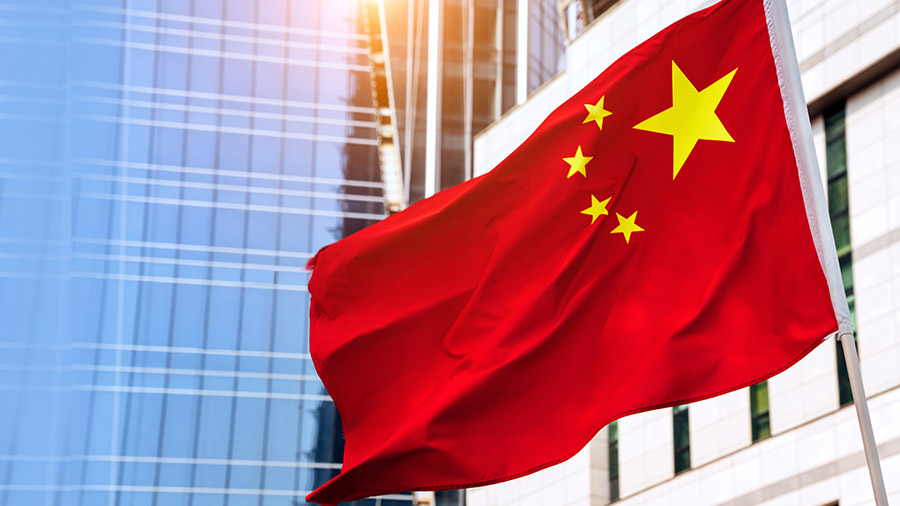China: Qaisa fails to convince bondholders to extend maturity - risk of default
Chinese property developer Kaisa Group Holdings Ltd said on Friday it had failed to get the minimum 95% approval from offshore bondholders needed to extend the maturity of a $400 million note due next week, raising the risk of default.
With China's property sector gripped by unprecedented liquidity shortages, Kaisa now faces the possibility of defaulting on its 6.5% offshore notes due December 7 and drawing new attention to other property developers who are also looking at a wall of offshore debt maturing in the next few months.

Kaisa had hoped to exchange $400m worth of offshore bonds at 6.5% per annum for new bonds maturing on 6 June 2023 at the same interest rate if at least 95% of holders agree. It did not disclose how many bondholders agreed to the offer.
According to Exness, the struggling firm's shares have fallen 9.8% to a record low of HK$0.92, taking the stock to around 75% this year.
The firm, which became the first Chinese property developer to default on dollar-denominated bonds in 2015, said it had been in talks with representatives of some bondholders but had not yet reached a "legally binding agreement".
"In order to alleviate the current liquidity problem and find the best solution for all concerned, the company is assessing and closely monitoring the group's financial position and cash position," it said in a statement.
It added that it was still exploring the possibility of selling assets and extending or renewing its debt facilities, but warned that there was no guarantee that it would be able to reach its maturity date of December 7.
It said failure to pay or reach an agreement with creditors would have a "material adverse impact" on Kaisa's financial condition.
Caixa is the second-largest issuer of dollar-denominated bonds among China's property developers after China Evergrande Group, which has more than $300 billion in liabilities, and like others is struggling to raise capital to prevent a default.
Reuters reported last month that the company intended to sell its Hong Kong-listed property management unit, Kaisa Prosperity Holdings Ltd.
Kaisa said in its note exchange offer last week that it may consider restructuring its debt if bondholders do not approve an extension of the maturity date.
Analysts believe that Kaisa's inability to get much-needed relief from its creditors will also put pressure on other smaller developers to avoid long and messy litigation and restructuring processes.
Also on the horizon is the end of the 30-day grace period for Evergrande, which narrowly avoided default after failing to pay coupons totalling $82.5 million due on 6 November.
See more: How billionaire Steve Cohen learned to love cryptocurrencies
